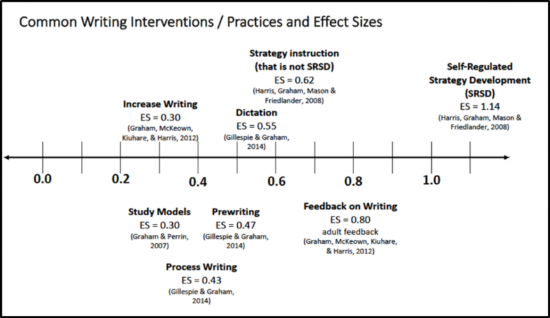





Ask the ‘TASC is a PBIS advice column from the RSE-TASC Specialists
Question: How do we assist a child with behavior challenges whose parents do not want intervention?
Response 1:
Dale Langley,
Behavior Specialist
If a student’s parent does not want a child to receive additional behavior supports, as a targeted skills group (Tier 2) or as an individual intervention (Tier 3), I would suggest the PBIS team figure out to how provide additional supports built in to your school’s universal supports (Tier 1). This would look like the team providing additional booster teachings around the child’s area of need for his or her entire grade, class, school etc. For example, if the child is struggling with maintaining safety, the PBIS team can make “Be Safe” the theme of the school year and bump up school-wide teachings about safety, such as:
- Daily or weekly announcements stating one Safe behavior from the matrix – “…And here’s today’s school safety tip…One way to stay safe in the hallway is to walk on the right. Walking on the right means we all have room to move through the hallways and get where we need to be on time. Let’s all stay safe and stay to the right today!”
- Random safety checks – School Administrator pops into the cafeteria (or recess/playground) randomly throughout the week and looks for examples of safe student behavior. Perhaps student or groups of students can earn a “lunch with Principal pass” or other method of positive acknowledgement for their behavior.
- Create brief booster lesson plans and learning activities for classroom teachers to use once a week. These might include worksheets, such as Safety Word Searches, Match the picture to the Safe Expectation, Student response about how they will stay safe this year, etc. This gives the teacher and students more frequent re-teachings of what safe behavior looks like in the school.
Obviously whatever additional supports you offer, will impact all students, but needs to be noticeably focused on the specific child. This means “random” safety checks might happen slightly more often during this child’s lunch/recess period than other periods or that the team might provide this child’s classroom teacher with extra Safety booster teaching activities, so their classroom (and this child) can review Safe Expectations multiple times per week, rather than once or twice a month as other classrooms would.
If you and your team get creative and are always intentional about your efforts, I believe you can fairly easily bump up your school-wide universal efforts to support all students, but particularly this one child, with the additional supports to address the area of behavior need.
Response 2:
John McCabe,
Non District School Improvement Specialist
Great challenges provide great opportunities, some wise person said. I think the opportunity this provides the PBIS team is to figure out strategies to involve parents in the process of PBIS. That is, what is important about our school’s culture? How do we teach kids important social – emotional skills and impart important values?
Parental involvement in PBIS is a hugely important factor for sustained and effective implementation, and yet it is perhaps the most under-developed and elusive component of PBIS generally. I could say with confidence, that we are not sure what parents think, or how they feel about PBIS, including why they would refuse an intervention. So I would put it to the PBIS team to create a parent survey, or conduct a PBIS overview, or develop a PBIS parent focus work group and find out what parents think about PBIS. Our entire community would surely benefit from what you discover. For some guidance see: PBIS.org on the family. http://www.pbis.org/family
If you have a question you would like us to answer, please email your question to: dlangley@pnwboces.org with the subject line “Ask the ‘TASC”


 Data-Driven Decision-Making
Data-Driven Decision-Making  Increasing Post-School Success through Interagency Collaboration
Increasing Post-School Success through Interagency Collaboration  How Can We Improve Deeper Learning for Students with Disabilities?
How Can We Improve Deeper Learning for Students with Disabilities?  Positive Classroom Management: Creating an Environment for Learning
Positive Classroom Management: Creating an Environment for Learning  Self-Determination Skills Empower Students of All Ages
Self-Determination Skills Empower Students of All Ages  Fidelity of Implementation: What is it and Why does it Matter?
Fidelity of Implementation: What is it and Why does it Matter?  Rethinking Classroom Assessment
Rethinking Classroom Assessment  A Three-Step Approach to Identifying Developmentally Appropriate Practices
A Three-Step Approach to Identifying Developmentally Appropriate Practices  Transforming Evidence-Based Practices into Usable Innovations: A Case Study with SRSD
Transforming Evidence-Based Practices into Usable Innovations: A Case Study with SRSD